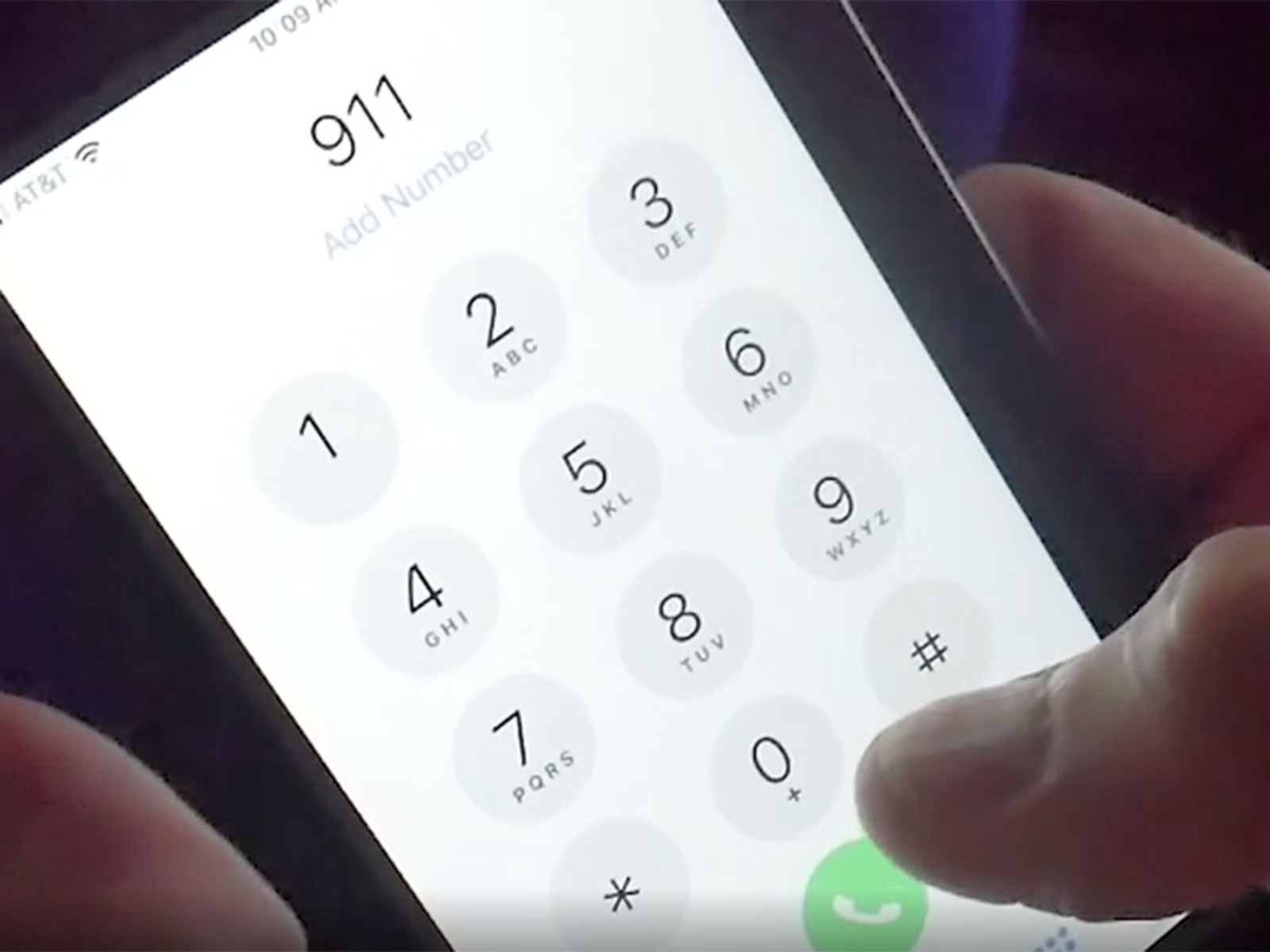Monday, August 29, 2022 Good Samaritan Law: It’s ok to do the right thing

College is an exciting time of independence, learning, and trying new things. However, sometimes dangerous situations arise, and professional help is necessary. Did you know that the state of Nebraska has a Good Samaritan Law specifically to protect underage students from receiving a Minor in Possession (MIP) citation?
The Good Samaritan Law was implemented to encourage students to call for help if they or a friend need medical attention, even if they have been consuming alcohol while underage. Both the person in need of assistance and the caller are protected by the law.
In order to be protected under the Good Samaritan Law, a caller needs to meet three criteria:
- Make a good faith request for emergency medical assistance (i.e. call 911)
- Remain on the scene until law enforcement and/or medical personnel arrive
- Cooperate with officials such as police and EMS
You should always call for help if...
- Someone is unconscious, semi-conscious or unresponsive
- The individual cannot be roused or woken
- Skin is cold, clammy, pale, bluish, and/or blotchy
- Breathing is slow – 8 or fewer breaths per minute
- There are lapses in breathing – more than 10 seconds between breaths
- The individual exhibits mental confusion, stupor, or coma
- The individual has seizures, convulsions or rigid spasms
- The individual vomits while asleep or unconscious and does not awaken
More information about the Good Samaritan policy is available at https://go.unl.edu/makethecall.
In addition to the state of Nebraska, the University of Nebraska-Lincoln has an “Exception for Seeking Emergency Help” policy in the Student Code of Conduct. The Exception for Seeking Emergency Help policy protects students who seek medical attention for themselves or others from having a conduct record related to alcohol or drugs.
It’s important to note though that students still may be asked to come in and discuss the situation with university staff as well as complete an educational experience related to alcohol or drug use. However, if granted the exception, no policy violation will be reflected on the student’s record.